‘It’s very easy for ISIS’ – Peshmerga commander warns of return to Iraq mountain town
MAKHMOUR, Iraq – From behind a wall of sandbags at an outpost in the Qara Chokh mountain range in northern Iraq, the Peshmerga commander overseeing the frontline says Islamic State is gaining strength in this remote stretch of disputed territory.
“Almost every night there is movement of ISIS,” General Sirwan Barzani told The Defense Post. “There are so many tunnels, so many caves they can hide in.”
Southwest of Erbil, capital of the Kurdistan Region of Iraq, Makhmour was briefly held by ISIS in August 2014 before Peshmerga forces, backed by U.S.-led Coalition airstrikes, drove the militants from the town.
“At that time the whole mountain was 100% safe,” Barzani said. “We had two positions. Now we have like 100.”

He believes there are roughly 200 ISIS fighters hiding out in the western and eastern part of Qara Chokh mountain. “It’s very easy for them,” said Barzani, of the group’s ability to use the rugged terrain to plant improvised explosive devices and launch near weekly insurgent attacks against civilians and security forces.
The commander has lost multiple Peshmerga forces conducting what he calls “useless” clearance operations on the mountain, only for ISIS fighters to reemerge the following day.
“ISIS comes back at night. They’ll come back because it’s open for them,” Barzani said. “You lose your people for nothing in less than 24 hours.”
“We talked to the Iraqi side through the Coalition and also directly. We told them, for us it’s useless to lose our Peshmerga for nothing because there is not any guarantee.”
Since the fall of its so-called caliphate, which at one point stretched more than 100,000 square kilometers, ISIS has shifted to guerilla-style attacks in northern and western Iraq.
Local media report an increase in kidnappings and extortion of local farmers in Makhmour who refuse to pay taxes known as zakat. In March, an ISIS ambush killed six Hashd al-Shaabi (Popular Mobilization Units) fighters and wounded more than two dozen.
In the absence of its physical caliphate, the group has benefited from the security vacuum created in the wake of a power struggle between Erbil and the federal government in Baghdad.
Makhmour lies in disputed territory claimed by both Iraq’s semi-autonomous Kurdistan Regional Government and the Iraqi government. Following the Kurdish independence referendum in September 2017, the Iraqi Army captured Makhmour, along with the contested oil-rich city of Kirkuk and parts of Nineveh and Diyala provinces.
Today, Peshmerga control up to the edge of Qara Chokh mountain, and the Iraqi Army maintains the flat area. But for a stretch of about three kilometers at the base where Peshmerga forces cannot enter, Barzani says there are few, if any, Iraqi troops.
“We as Peshmerga have to go to our old frontline to make sure no ISIS can reach the mountain, or the Iraqi forces have to add more forces to come and control the bottom of the mountain, to close the gap and not let any ISIS cross,” Barzani said.

The U.S. Department of Defense, which estimates that between 14,000 and 18,000 ISIS members remain in Iraq and Syria, acknowledged the group is gaining strength in a June report. The Operation Inherent Resolve Lead Inspector General blamed a “lack of agreement” and “limited on-the-ground cooperation” between the Iraqi Security Forces and Peshmerga for allowing “ISIS to regroup and plan attacks.”
Barzani said he’s willing to coordinate with and provide support to the Iraqi Army on a joint operation to clear the mountain of ISIS remnants, and called on Iraqi to send more troops to provide security.
Asked for comment, Iraqi Defense Ministry spokesperson General Yehia Rasool said Iraq is open to increased coordination in the Makhmour area.
There is “a possibility to consolidate efforts with the participation of Iraqi Army forces, anti-terrorism forces, and in some areas, Peshmerga forces,” Rasool said.
To close the gaps, the Coalition is partnering with the Peshmerga and the Iraqi Security Forces to conduct airstrikes along the mountains and share information about ISIS activity, said Colonel Myles Caggins, spokesperson for the U.S.-led mission.
“In areas where maybe they can’t get boots on the ground for surveillance, we will look from the sky or use other means,” Caggins said.
With support from Coalition aircraft, a force from the 2nd Special Operations Command of the Iraqi Counter-Terrorism Service carried out an operation in the Makhmour mountains that, according to a U.S. Central Command press release, “resulted in the death of a large number of terrorists” on November 10.

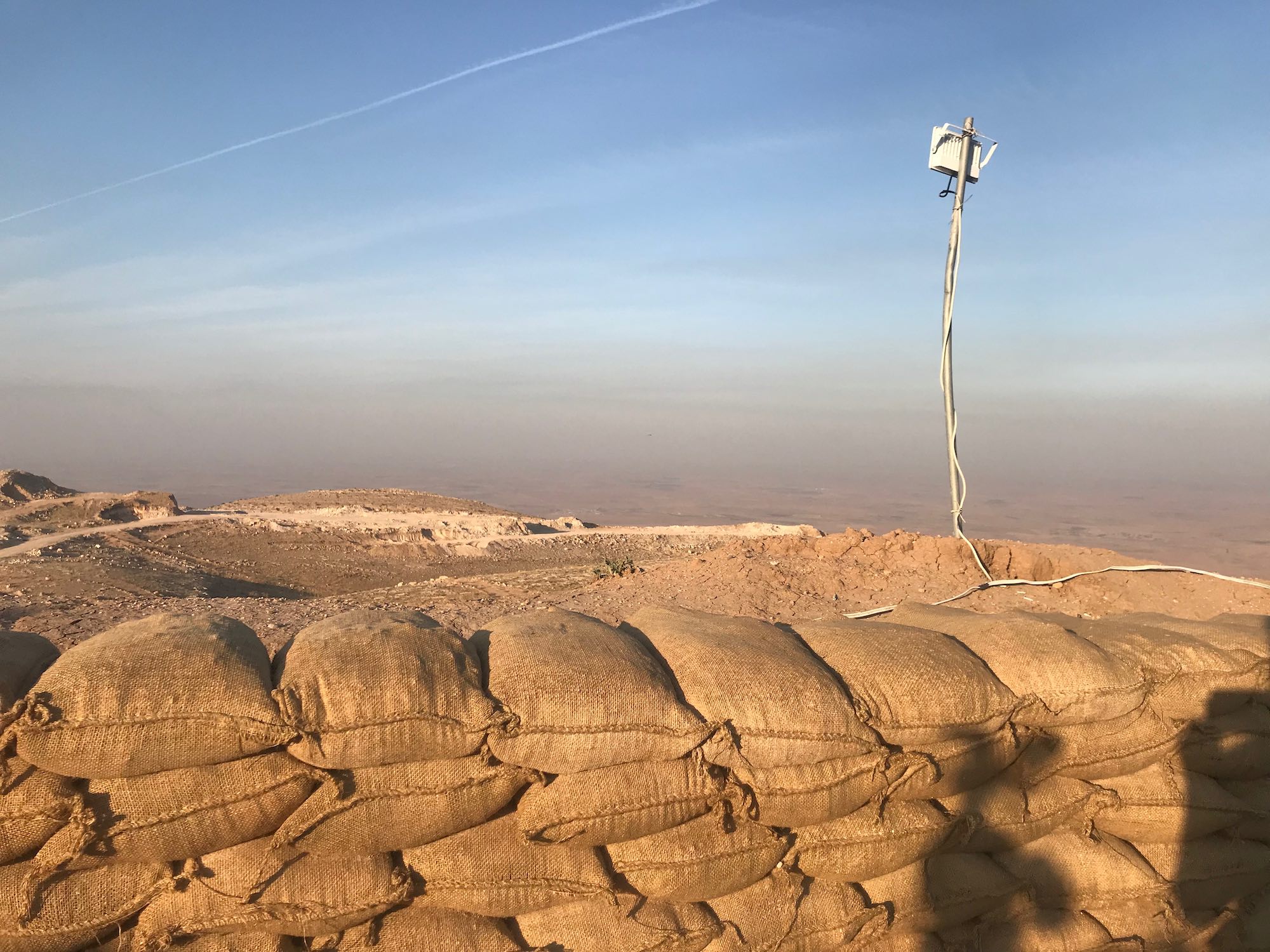


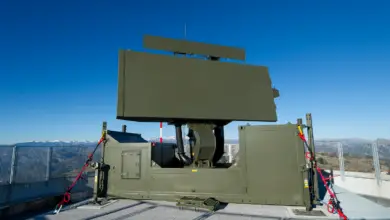

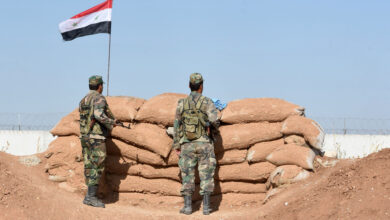
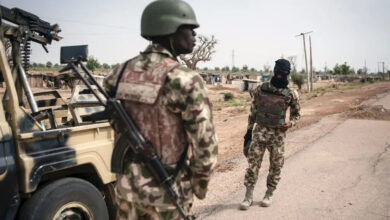
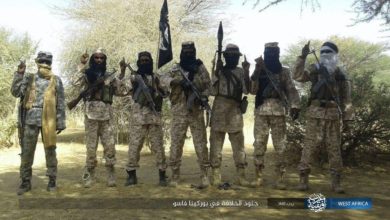
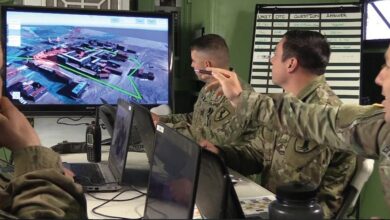


4 Comments